
London — The course of digital migration in Africa rarely seems to run straight and Ghana is no exception to this rule. The Government is now approaching the tenth year of the process with no clear end in sight. Russell Southwood looks at the many twists and turns and what might happen.
In 2008 Government broadcaster GBC ran a DTT pilot in Accra. It then teamed up with Swedish company Next Generation Broadcasting (NGB) through its local subsidiary Skyy Digital (now First Digital) and extended the roll-out to Kumasi Takoradi by 2010. At this point, the regulator intervened saying that there had not been due process and a single broadcaster should not have ownership of the transmission infrastructure. NGB withdrew from the process and later left the continent.
In the meantime, a contract worth US$95 million was awarded to StarTimes which offered the Ghana Government the same deal it had to other Governments elsewhere in Africa: you give us enough channels to run our pay TV operation and we'll take care of the DTT transmission network.
However, The Ghanaian Government of the day insisted that it wanted to separate out any offer of channels from a transmission network. This meant Star Times had to raise the money for the network and was not successful in doing so.
The contract with StarTimes was then abrogated over what then Minister for Communications, Omane Boamah said "was due to the failure of the company to secure the necessary funding from the China Exim Bank to execute the project." During this time, StarTimes set up its pay TV operation under the Max TV brand.
In 2015 the Ministry of Communications signed a US$82.3 million contract with local company K-Net to complete the country's DTT roll-out after a bidding process. At the time, it was said that the financing of the roll-out would come from the sale of 4G spectrum to mobile operators by auction ahead of it being available. This has not happened.
According to K-Net's Richard Hlmomador at the time, the ambition was to provide 100% coverage of the country: 90% would be by terrestrial DTT transmission and 10% by satellite. If the project had gone ahead, by 2016 there would have been 48 transmission towers.
Unhappy with this result, StarTimes sued the Government saying it had unfairly been removed from implementing the contract. This case went against them in Ghana's High Court where it lost but the company took its case to the International Court in the Hague. Judgment on the case was due shortly but the Government withdrew from the case before judgment was handed down.
Opposition MP Samuel George, who is on Parliament's Communication Committee said that the Akufo-Addo government decided to settle the matter out of court because the money it was seeking from the China EXIM Bank, had a condition which directs the government to involve StarTimes in the DTT infrastructure.
President of The Ghana Independent Broadcasters Association (GIBA), Andrew Danso Anninkora said in an interview on the Citi Breakfast Show on Tuesday: "They [government] should stop the discussions they are having with StarTimes. Ghanaians are capable of doing whatever project DTT will bring to Ghana. The future of DTT rests in the hands of Ghanaians, and we have enough technology and the know-how."
The Deputy Minister of Communications, George Andah responded on Eyewitness News: "GIBA's concern seems to be misplaced because they feel, Star Times is going to manage the platform and that it's going to Star Times that is going to be putting its conditional access, it's middleware on the platform and that is not the case. I tend to believe that GIBA may have forgotten that they have provided input into the draft DTT policy document which talks about who is going to manage the platform and who are members of the Board."
He also added that the platform will be managed by a new firm called the Central Digital Transmission Company, which will be presided over by a seven-member Board, on which GIBA has a representative.
"The whole infrastructure is going to be managed by the Central Digital Transmission Company. It has been registered and is going to have a seven-member Board that will include the Chairman, representatives from the Ministry of Communications, from the Ministry of Finance, from GBC, from GIBA and from the public, preferably somebody from the Creative Arts industry and the Chief Executive of the Central Digital Transmission Company Limited. So it's going to be this seven-member board that will be responsible for managing the platform.
The Minister may see this as transparency but it should be noted that 4 out of the seven Board members (a majority) will owe their position to the Government and thus it can easily get its way.
K-Net's four year contract was put on hold when the Government was sued by StarTimes and now only has one year to run. The more cynical might conclude that at that point the Government can simply hand things over to StarTimes through the new Central Digital Transmission Company where it will command a majority on the Board.
This suspicion is perhaps reinforced by the fact that StarTimes is making nice with the Government. It recently rolled out its 300 Village Satellite Project designed to give 6,000 households in 300 villages access to TV.
Apart from the 6,000 households, a number of public areas will also be connected with satellite television service composed of a satellite dish, high definition set-top box and accessories while 900 public institutions will be connected through a satellite projector TV system and 32-inch television sets. The whole thing will be kicked off with a lot of hoopla by Communications Minister Ursula Owusu and China's Ambassador-designate to Ghana, Shi Ting Wang on 26 September.
As part of the package for the project, the public areas in the villages will have a bouquet of 20 channels for free and 20 households a 6-month offer to enjoy over 30 channels for free.
The China Africa Research Initiative have just published a report that identifies that Ghana has borrowed US$71 billion from China between 2010 and 2017. The US$95 million for the DTT infrastructure must seem like a drop in the ocean compared to the overall scale of the debt.
Nevertheless a report in Africa Confidential in early September reported that the Chinese were in talks to take over the Zambian power utility Zesco for non-payment of loans. So maybe Ghana's Government really is between a rock and a hard place.
Read Full Story
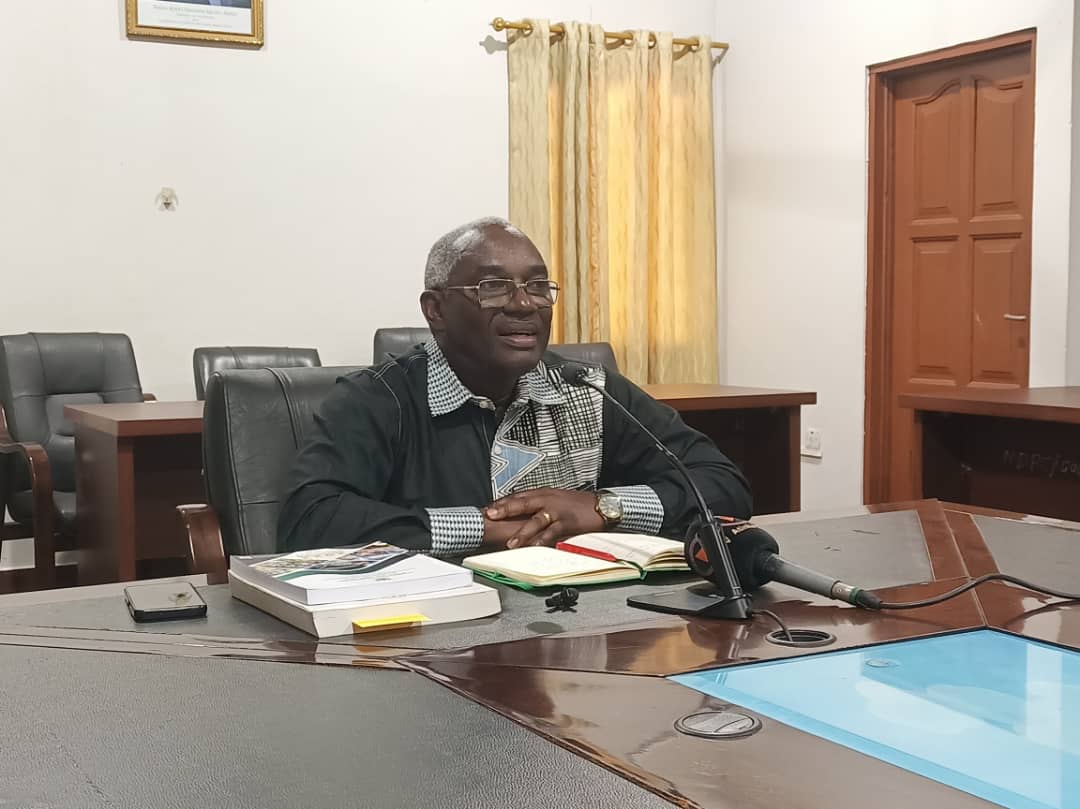
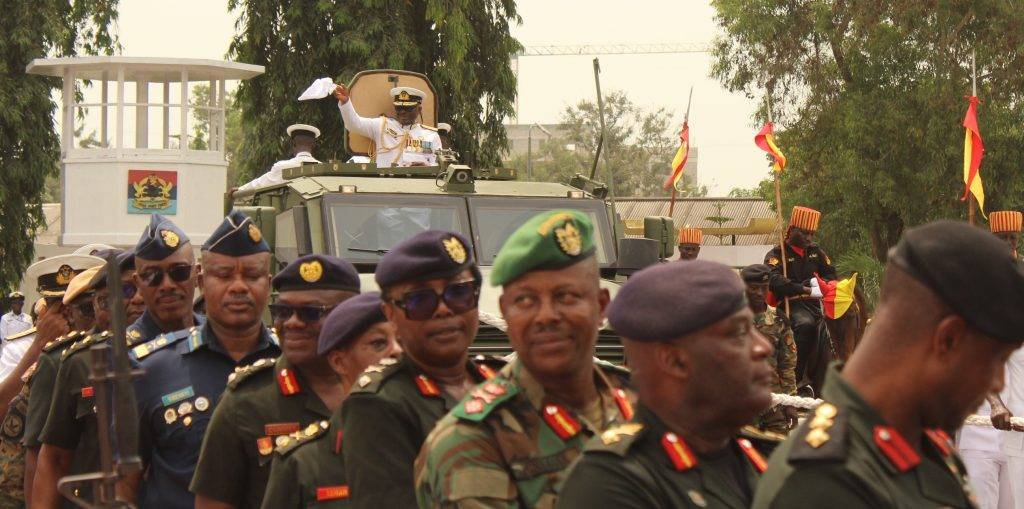
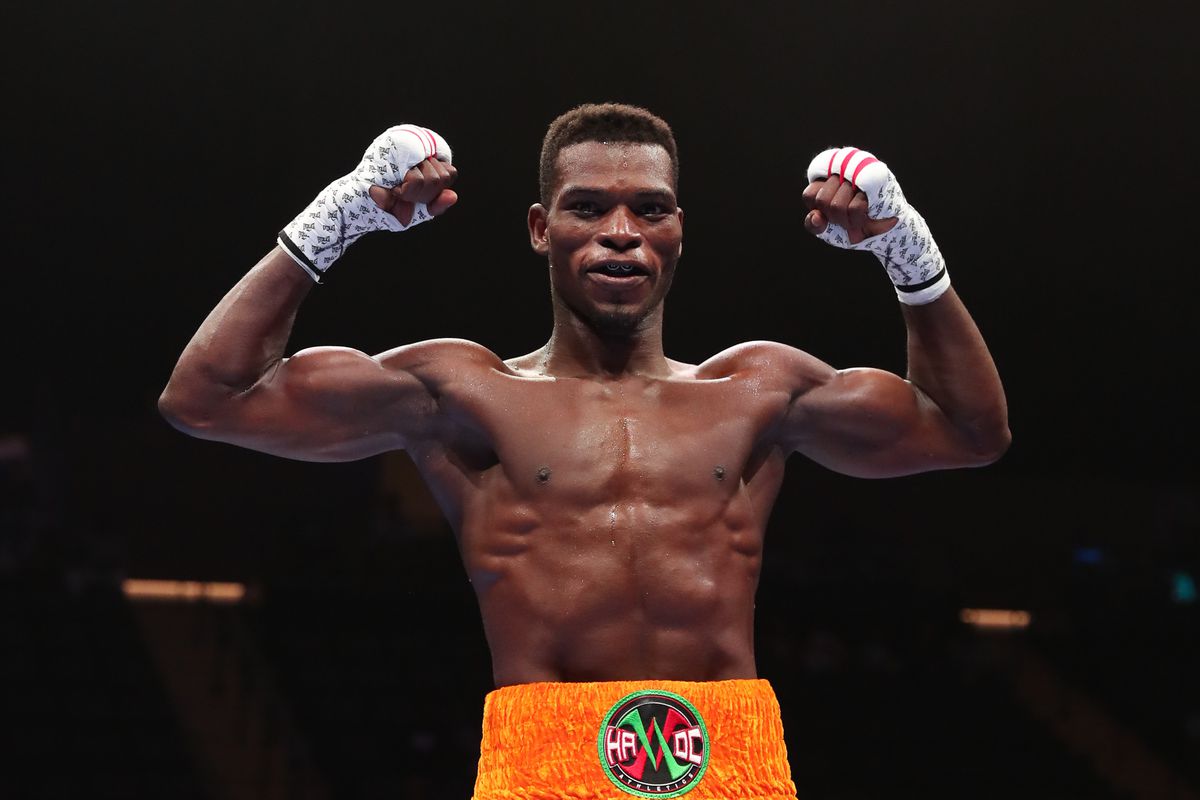








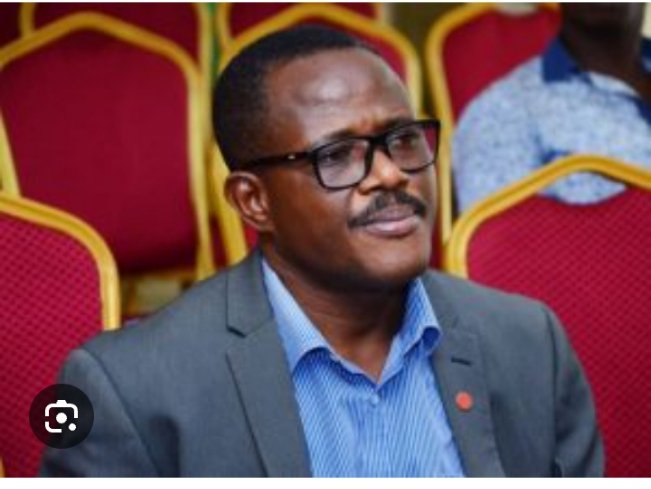

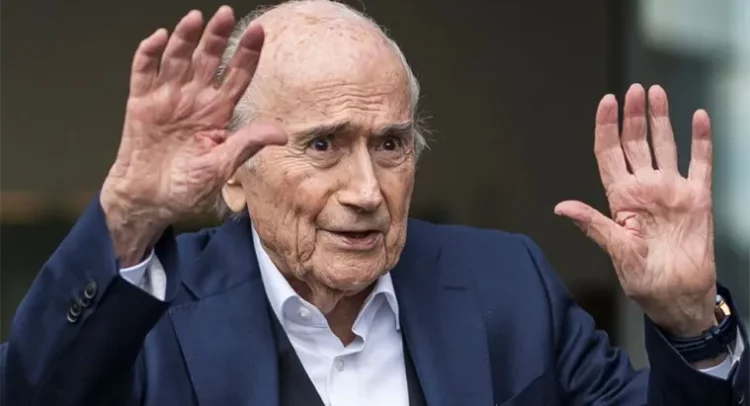



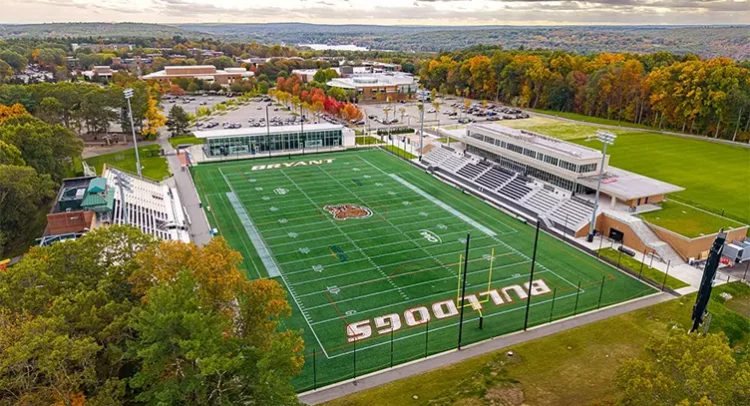
Facebook
Twitter
Pinterest
Instagram
Google+
YouTube
LinkedIn
RSS